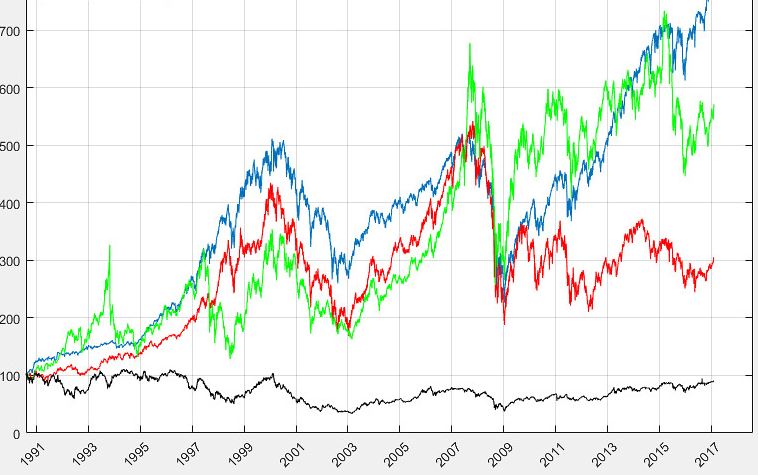Index funds offer several benefits to investors who want to start investing in the stock market. While index funds are good for first time investors with no experience or skill in picking their stocks, they are also useful for seasoned investors to diversify their holdings and enter new markets. Index investing also does not need any research skills on the part of the investor.

Despite the benefits offered by index investing to investors, the availability of index funds to Indian investors was limited. Other than the index funds that track the movement of the country’s two dominant indexes, Nifty and Sensex, there were no index funds that track the movement of mid-cap and small-cap stocks. However, over the past few years, mutual fund companies launched new index funds that track the performance of mid-cap and small-cap indexes. For example, the Motilal Oswal Nifty Smallcap 250 Index Fund launched in the year 2019 tracks the movement of the Nifty Small cap 250 Index. Investors who want higher returns and who are willing to take higher risks can now invest in these index funds. Long term investors who invest in these funds can expect a steady growth of their savings.
The costs of index investing are also expected to fall in the future as the entry of new mutual fund companies such as Navi Mutual Fund is leading to a cut in the expense ratio charged for managing the funds. Many informed investors already started switching to these low cost index funds and the size of some index funds is now swelling to tens of thousands of crores. It is high time more Indian investors make the most of these changes and allocate a higher share of their savings to equities.







